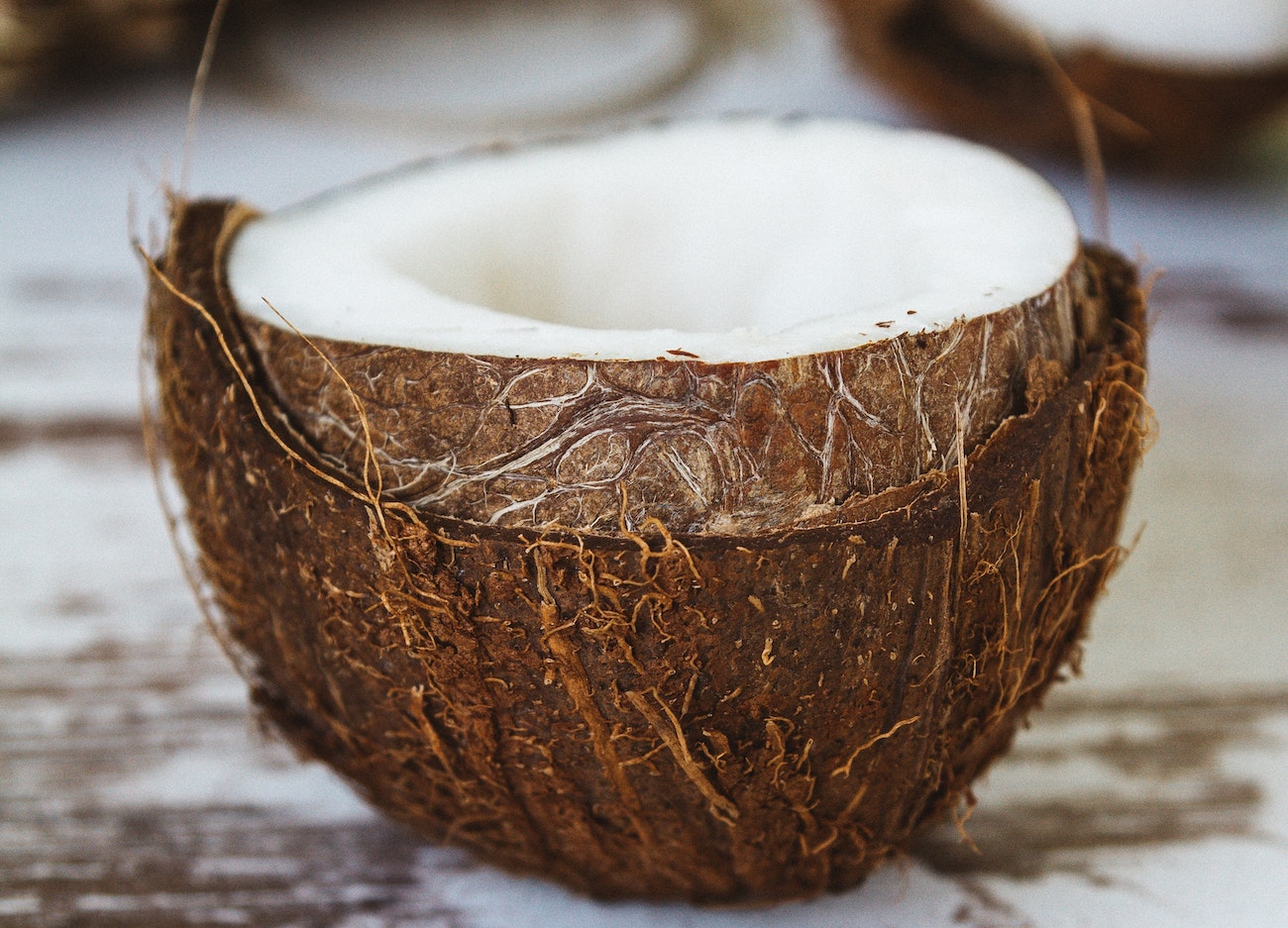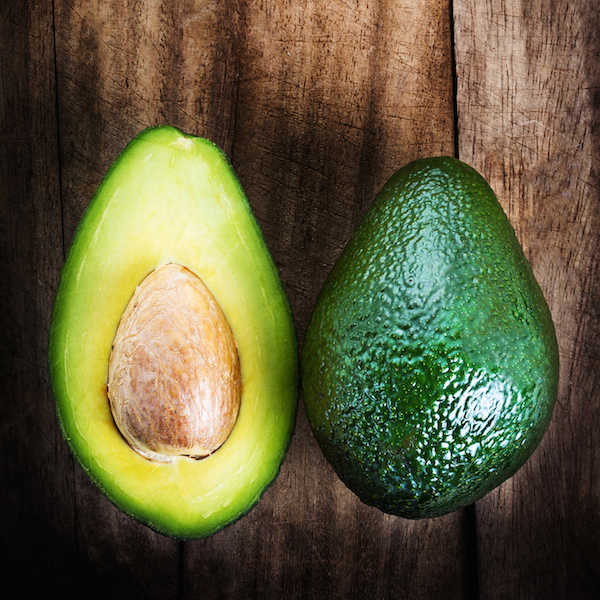Skin aging is a natural process. It’s just gonna happen as we get older. There are, however, certainly factors in our environment and daily lives that do accelerate the process – factors that break down our skin’s collagen. Things like refined sugars and refined carbs, stress, lack of sleep, and excessive UV ray exposure, just to name a few, all play a significant role in aging our cells more rapidly.
What goes on our skin ends up in our bodies, so I don’t believe in using creams and fillers laced with harmful chemicals. What I am a proponent of is nourishing skin from the inside-out. Provide your skin with what it needs to thrive, and do your best to avoid what does it harm. Keeping a healthy, youthful complexion is really about protecting your skin’s collagen and elasticity.
Living a healthy lifestyle and incorporating some of the below tips for youthful skin will help keep your skin healthy and supple naturally.
Natural Tips For Youthful Skin
Don’t Smoke
Obvious, but also probably the most important. Don’t smoke. Smoking affects every organ of your body, including your skin (the body’s largest organ). The toxins absorbed through smoking damage collagen and elastin, and by contracting blood vessels, it also deprives skin cells from getting oxygen. This is the perfect recipe for aging skin.
Avoid refined sugar and refined carbs
Excess sugar and refined carbs lead to a break down in collagen fibers. It’s a process known as glycation. This collagen breakdown is well underway by early adulthood, with its rate heavily dependent on diet. Reducing or avoiding refined sugar and refined carb consumption can slow the process.
Increase antioxidant consumption
Antioxidants protect yours cells from free radical damage, or oxidative stress. You’ll find lots of antioxidants in colorful fruits and vegetables, along with spices and herbs. Some of the greatest sources of antioxidants are cinnamon, clove, oregano, tea, basil, berries (especially wild blueberries), artichoke, cauliflower, red cabbage, kale, beans, and nuts, just to name some. Try to eat a rainbow variety of colors daily… no skittles. 😉
Incorporate collagen into your diet
Collagen powders and supplements have become pretty mainstream over the last few years. Collagen is the bodies most abundant protein. It gives structure to our bones, skin, hair, nails, ligaments and tendons. Over time, however, our collagen breaks down, and the production of new collagen slows. Foods like bone-broth, berries, citrus fruits, leafy greens, and nuts can stimulate collagen production, and collagen peptides offer high bioavailability, so your body can easily utilize it. Collagen peptides can easily be added to your coffee, smoothies, and incorporated into recipes like this one for no-bake energy balls.
As with anything, make sure to read up on the quality of ingredients before choosing a collagen powder/supplement. I personally like Thrive Market Grass-Fed Collagen Peptides, and Ancient Nutrition Multi Collagen Protein.
Get good sleep
While we sleep, our bodies release human growth hormone, which is a necessary ingredient in producing collagen. When we don’t get enough sleep, we deprive our bodies from precious cell recovery time and rejuvenation.
Drink plenty of water
Hydration is so important! I start every day with a glass of warm lemon water to hydrate my body and kick-start digestion, and try to continuously drink water throughout the day. It can also be very helpful to use a humidifier throughout the winter months to keep your skin from drying out.
Moisturize, Moisturize, Moisturize
Keep your skin hydrated and lock in the moisture. I personally love using calendula infused coconut oil as my whole body moisturizer, including on my face.
Wash Your Face Before Bed
A good skincare routine includes washing your face every night before bed. It’s important to wash away the day’s makeup, dirt, and pollutants and allow your skin to breathe overnight. Moisture afterward.
Get plenty of Omega 3’s
Omega 3 fatty acids help balance the oils in our skin, keeping it moist and supple. Some of the top sources of healthy Omega 3’s are flaxseeds (ground flax for better absorption), chia seeds, walnuts, salmon, and pastured eggs.
Manage stress effectively
It’s a known fact that stress is directly related to disease (the word disease itself comes from a state of being in diss-ease). Not only that, it physically ages every part of the body. It affects our DNA by shortening our telomeres (the protective end-caps of DNA structure, similar to the ends of shoelaces). It causes inflammation, dryness, and even reduces the functioning of our skin barrier, decreasing its immunity and ability to fight free radicals. Stress is a part of every human’s life, and it’s so important for our mental and physical health to manage it effectively. Meditation, yoga, exercising, listening to music, going for a walk, cooking, writing, talking with someone, etc. – we all have different coping mechanisms that work best for us. Just don’t bottle it up.
Sources:
https://www.ncbi.nlm.nih.gov/pmc/articles/PMC4106357/
https://www.sleep.org/how-sleep-improves-your-skin/
https://ods.od.nih.gov/factsheets/Omega3FattyAcids-HealthProfessional/
https://www.nature.com/articles/s41598-018-24653-z
As an Amazon Associate I earn from qualifying purchases.
Some of the links above are “affiliate links.” This means if you click on the link and purchase the item, I will receive an affiliate commission. Regardless, I only recommend products or services that I believe will add value to my readers.



